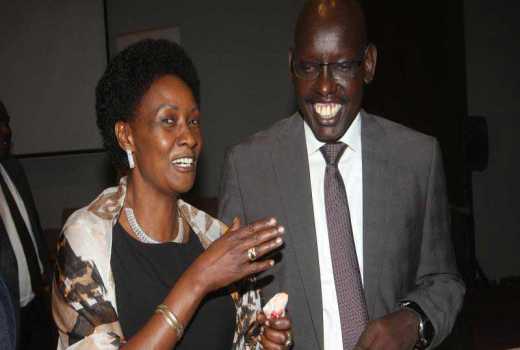×
The Standard e-Paper
Stay Informed, Even Offline

Late arrival to school and absenteeism rank top as the most prevalent cases of indiscipline among teachers of both primary and secondary schools, a new report has shown.
The study by the Kenya National Examinations Council (Knec) established that late reporting to school contributes to over 80 per cent of indiscipline cases in upper primary school.